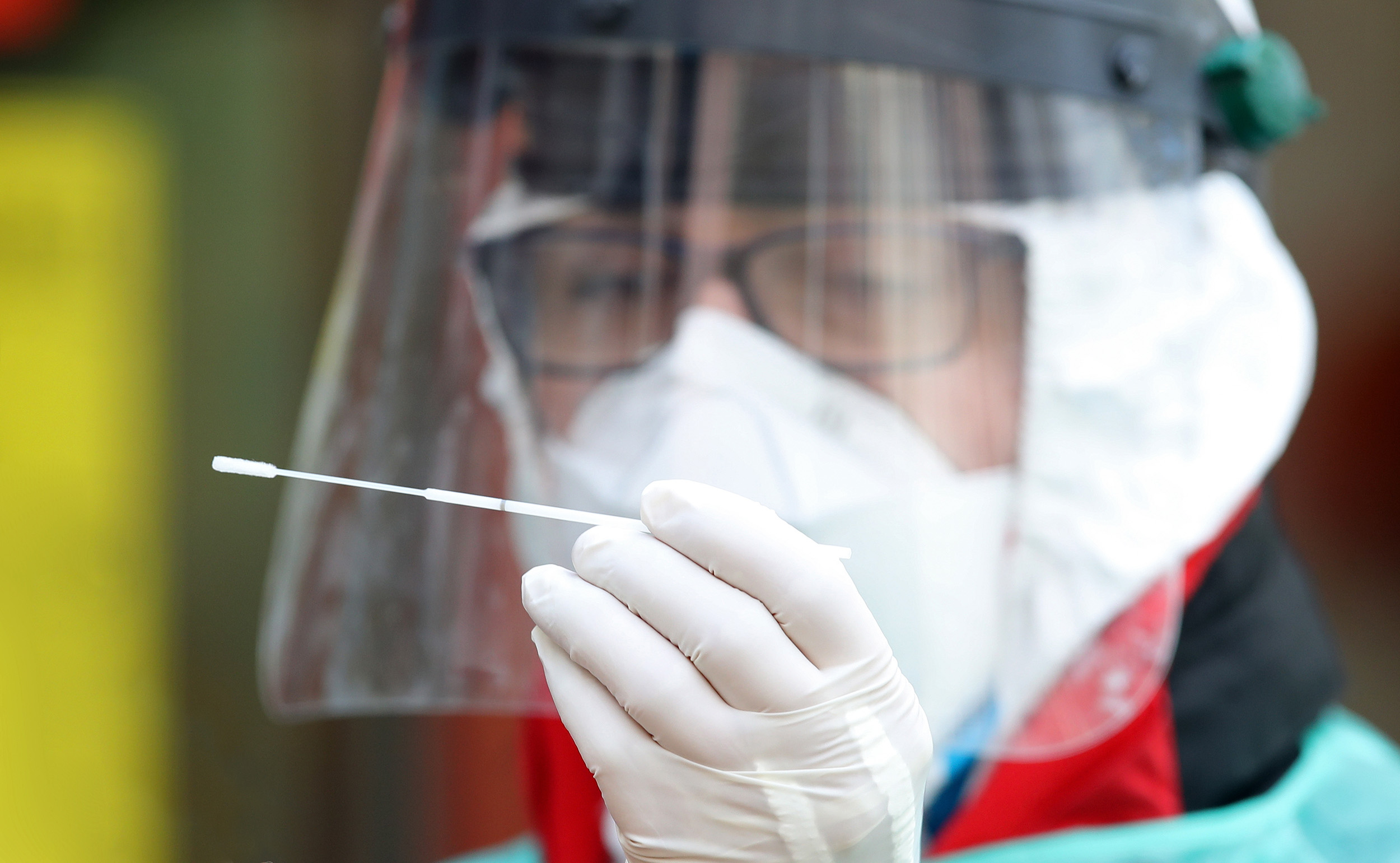USM faculty and researchers are applying their expertise in public health, social behavior, and other areas to develop solutions and guide policies that address the current and emerging challenges caused by COVID-19.
School of Public Policy
University of Maryland, College Park

STEM Teacher Scholars Program
University of Maryland, Baltimore County

Department of Information Systems
University of Maryland, Baltimore County

Department of Government and Politics
University of Maryland, College Park

College of Behavioral and Social
University of Maryland, College Park

College of Behavioral and Social Sciences & A. James Clark School of Engineering
University of Maryland, College Park

Department of Business Analytics & Technology Management
Towson University

Department of Political Science
Towson University

Department of Speech-Language Pathology & Audiology
Towson University

Emergency Health Services, Graduate School
University of Maryland, Baltimore County

School of Public Policy
University of Maryland, College Park

Department of Atmospheric and Oceanic Science
University of Maryland, College Park

Department of Computer Science
Bowie State University

Department of Psychology (UMBC) & Department of Psychology (UMD)
University of Maryland, Baltimore County
University of Maryland, College Park


The Hilltop Institute
University of Maryland, Baltimore County

School of Public Health (UMD) & School of Medicine (UMB)
University of Maryland, College Park
University of Maryland, Baltimore


